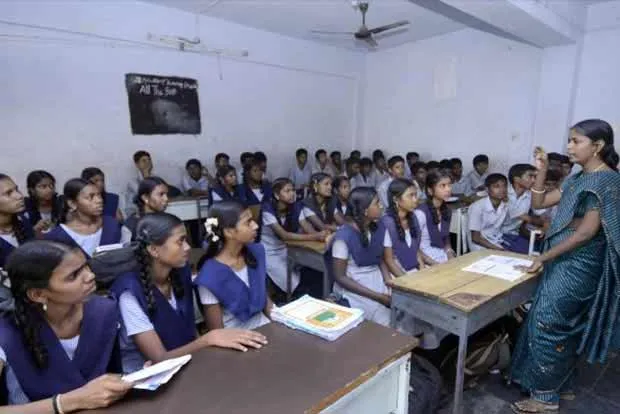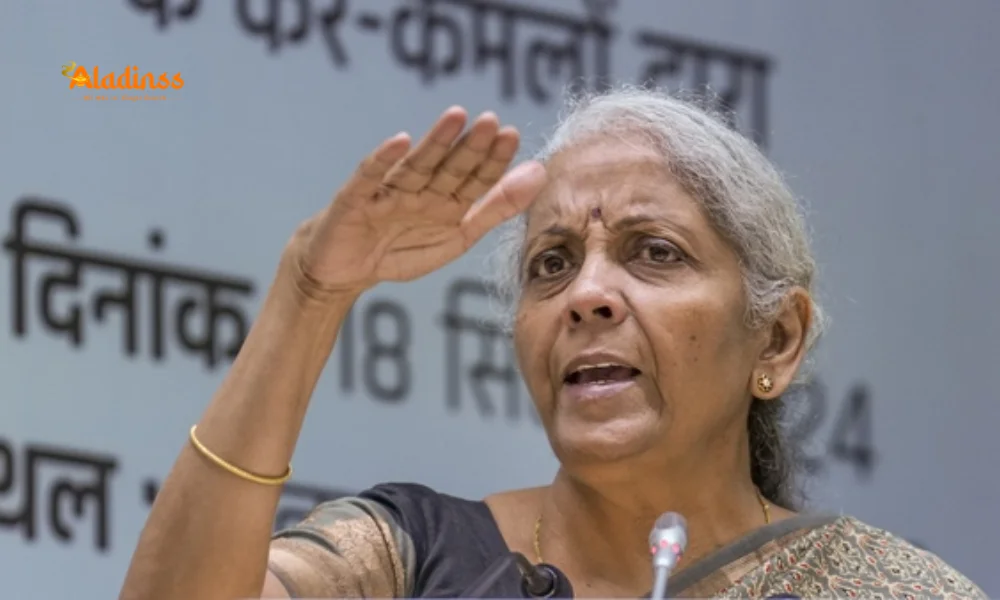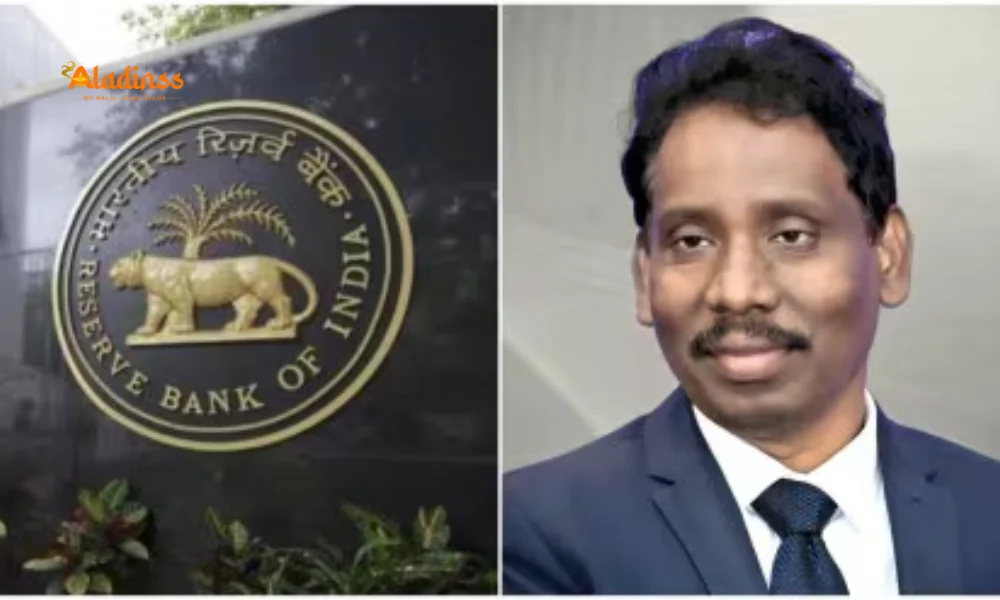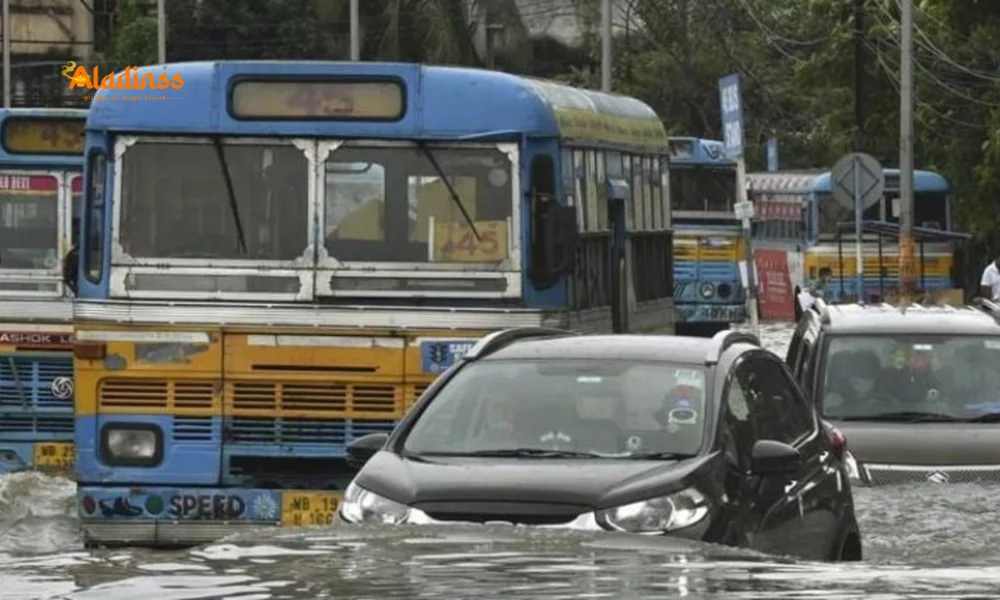Tamil Nadu Bans Special Classes in Quarterly School Vacation 2025

Tamil Nadu Private Schools Banned from Special Classes During Quarterly Vacation: Official Circular
In a firm directive to protect student well-being, the Tamil Nadu Directorate of Private Schools has mandated that no special classes during quarterly vacation Tamil Nadu 2025 be held during the upcoming nine-day break from September 27 to October 5, 2025. This Tamil Nadu school quarterly exam holiday follows the conclusion of quarterly examinations for Classes 1 to 12 today, September 26, emphasizing rest over additional academic pressure. Citing a Madras High Court ruling, the circular warns of stringent penalties for non-compliant institutions, reinforcing the state's commitment to balanced education. As private schools in Tamil Nadu gear up for the vacation, parents and educators welcome the move amid rising concerns over burnout in competitive learning environments.
The order, issued by Director J. Ganeshan, aligns with the 2025-26 academic calendar released in July, which outlines quarterly assessments from September 18-26 followed by this respite. This policy extends to all private unaided schools, ensuring uniformity with government institutions where similar guidelines apply.

Details of the Quarterly Vacation and Exam Schedule
The Tamil Nadu school holidays September 2025 include this nine-day quarterly break, providing much-needed downtime after intensive exam preparations. Quarterly exams, covering the first term's syllabus under the Samacheer Kalvi curriculum, tested students on core subjects like Tamil, English, Mathematics, and Science for primary levels, with advanced topics for higher classes. Results are expected by mid-October, allowing revisions before half-yearly assessments in December.
This vacation falls within the broader academic framework, where the year spans 210 working days, balancing studies with holidays like Pongal in January and summer break from April 25. The directive specifically targets private schools, which often face scrutiny for extending sessions covertly.
- Exam Duration: September 18-26 for Classes 1-12 across state board schools.
- Vacation Period: September 27 to October 5, totaling nine days.
- Post-Vacation: Schools reopen on October 6 for regular sessions.
- Scope: Applies to government, aided, and private institutions uniformly.
Educators note that this break aids cognitive recovery, aligning with global best practices on student mental health.
Rationale Behind the Ban: Court Ruling and Student Welfare
The circular invokes a pivotal Madras High Court judgment on school holidays from 2023, which prohibited extra classes during vacations to prevent exploitation. The court observed that such practices violate the Right to Education Act, 2009, emphasizing holidays as essential for holistic development. This ruling stemmed from petitions by parent-teacher associations highlighting fatigue among students in urban hubs like Chennai and Coimbatore.
The Directorate stresses that no extra classes in school holidays Tamil Nadu ensures equitable rest, particularly for underprivileged learners who rely on public transport. Violations could lead to fines up to Rs 50,000 or license suspensions, monitored via district education officers' inspections.
Enforcement Mechanisms and Penalties for Violations
To uphold the Tamil Nadu private schools circular 2025, the Directorate has outlined robust enforcement. Anonymous complaint portals on the tn.gov.in education portal allow parents to report breaches, triggering surprise audits. Repeat offenders face escalation to the School Education Department for de-recognition.
Historical precedents include 2024 fines on 15 Chennai schools for summer vacation classes, totaling Rs 2 lakh. This year's proactive circular aims to preempt issues, fostering compliance through awareness workshops for principals.
Impact on Students, Parents, and the Education Ecosystem
The quarterly vacation rules Tamil Nadu schools promise tangible benefits for the 1.5 crore students in private setups. Psychologists endorse the break for reducing stress, with studies showing 20% improved retention post-rest. Parents, often juggling work, appreciate the family time, planning outings to hill stations like Ooty during this window.
For schools, adherence signals ethical practices, boosting enrollment in an era of parental scrutiny via social media. The policy also aligns with NEP 2020's focus on experiential learning beyond classrooms.
Parental Perspectives and Preparation Tips for the Break
Many parents view this as a victory against "tuition culture," with forums like Tamil Nadu Parents Association lauding the circular. To maximize the Tamil Nadu school break activities 2025, families are encouraged to engage in skill-building like coding workshops or nature camps, rather than informal coaching.
Experts suggest balanced routines: Morning reading, afternoon play, and evening family discussions to sustain learning momentum without fatigue.
- Rest Priority: Encourage sleep cycles of 8-10 hours for cognitive recharge.
- Skill Focus: Introduce hobbies like art or sports for holistic growth.
- Health Check: Monitor nutrition to combat post-exam dips.
- Reunion Plans: Visit relatives for cultural immersion.
Broader Academic Calendar: Beyond Quarterly Breaks
This vacation fits into the 2025-26 calendar's rhythm, with half-yearly exams December 15-23 followed by 12-day holidays till January 5, 2026. Annual exams start April 10, 2026, leading to summer vacation from April 25. All Saturdays and Sundays remain off, totaling 210 instructional days.
Initiatives like two weekly sports classes enhance physical education, complementing the no-extra-classes rule for well-rounded development.
Government's Commitment to Student-Centric Reforms
Under Minister Anbil Mahesh Poyyamozi, the Tamil Nadu education department guidelines 2025 prioritize equity. The circular echoes 2018 directives against summer extras, showing sustained vigilance. Digital platforms like EMIS track compliance, ensuring transparency.
Stakeholders anticipate fewer violations, with PTA meetings post-vacation reviewing adherence. This fosters trust, vital for Tamil Nadu's 95% enrollment rate.
Challenges in Implementation and Way Forward
Urban private schools, facing syllabus pressures, may resist, but court backing deters defiance. Rural institutions, with fewer resources, benefit most from the rule. Future enhancements could include vacation learning modules via apps like DIKSHA.
- Monitoring Tools: Helplines for real-time reporting.
- Awareness Drives: Workshops for management on RTE compliance.
- Equity Measures: Subsidies for vacation programs in underserved areas.
- Feedback Loop: Annual surveys on policy efficacy.
As October approaches, the focus shifts to joyful reunions, underscoring education's true essence beyond rote learning.
Role of Parents and Teachers in Upholding the Spirit
Parents play a pivotal role in enforcing school holiday rules Tamil Nadu, discouraging informal tuitions. Teachers, during this period, can curate optional reading lists, promoting self-paced growth.
Collaborative efforts, like community events, transform vacations into enriching experiences, aligning with the circular's welfare goals.
Comparative Insights: Holidays in Other States
Tamil Nadu's approach mirrors Kerala's strict no-class rules during Onam breaks, but contrasts Andhra Pradesh's flexible extensions. Nationally, CBSE affiliates enjoy similar protections under affiliation bylaws.
This positions Tamil Nadu as a leader in student-friendly policies, potentially influencing neighboring states.
Future Policy Directions for Balanced Academics
Looking ahead, the department eyes integrating mindfulness sessions post-vacations. With NEP's experiential thrust, Tamil Nadu academic calendar 2025-26 may incorporate project weeks during breaks.
- Digital Integration: E-learning portals for voluntary enrichment.
- Stakeholder Input: PTA forums for calendar tweaks.
- Health Focus: Nutrition drives during holidays.
- Equity Push: Inclusive programs for migrant families.
These steps ensure vacations remain sanctuaries of joy and rejuvenation.
Celebrating the Break: Cultural and Recreational Suggestions
In Tamil Nadu's vibrant culture, this quarterly exam leave Tamil Nadu coincides with Navratri preparations. Families can explore temple festivals or beach outings in Puducherry, blending tradition with leisure.
Such activities nurture creativity, echoing the circular's intent for well-rounded youth.
As bells ring out exam fatigue, the vacation heralds a season of unburdened exploration.
Comment / Reply From
No comments yet. Be the first to comment!










